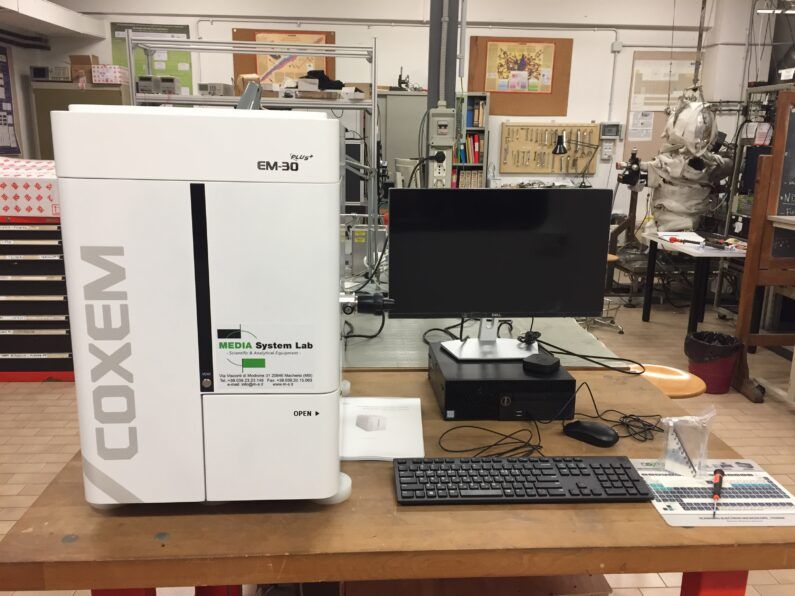The cure of cancer has always been the main goal of biomedical research. In the last decades, the introduction of more sophisticated technologies and advanced drugs has improved the survival rate of many cancer types. Despite the improvements, cancer is still a heavy burden worldwide, considering also that new treatments are often expensive and accessible to few patients. In the light of this, tumor prevention represents an effective way to address the challenging issue of cancer. Indeed, prevention and early diagnosis could considerably reduce the mortality rate, as well as hospitalization and treatment costs. Unfortunately, effective screenings are not available for many cancer types. Consequently, discovering new markers or developing new strategies for the early diagnosis of cancer is essential.
One of most lethal cancers is the pancreatic ductal adenocarcinoma (PDAC), characterized by a five-year survival rate is less than 10%. The absence of screenings is crucial and most patients present with locally advanced (30%-35%) or metastatic (50%-55%) disease at diagnosis. Therefore, tests for early diagnosis could lead to a radical improvement of the survival rate.
A new hope for PDAC prevention is coming from Laserblood, a research project that aims to the development of a new strategy for PDAC early diagnosis. This project has been founded by the European Commission through the prestigious EIC Pathfinder, program that supports radically new technologies (Figure 1). Specifically, the goal of Laserblood is to use Fluorescence Lifetime Analysis (FLA) Technology to identify a PDAC marker in patient’s blood samples.

This project will be coordinated by FLIM LABS and it involves many partners such as Sapienza Università di Roma, Istituti Fisioterapici Ospitalieri, Policlinico Universitario Campus Bio-Medico, Uniklinikum Erlangen and Crowdhelix. FLIM LABS is our partner that produces devices for Fluorescence Lifetime Analysis (FLA) (read our article for more information). FLA, also know as FLIM (when applied to microscopy), consists in the measure of the time a fluorophore remains in an excited state before emitting a photon. Laserblood is based on this technology and aims to predict the development of pancreatic cancer through the implementation of the innovative FLIM LABS devices. In particular, liquid biopsies (blood samples from mice or patients) will be analyzed using FLIM LABS kit to determine the fluorescence lifetime of a PDAC marker (Protein Corona). The goal is to determine the fluorescence lifetime fingerprint of this marker at every stage of the disease, in order to generate a non-invasive in vitro diagnosis test that will help to evaluate patient conditions and the real effectiveness of the treatments.





